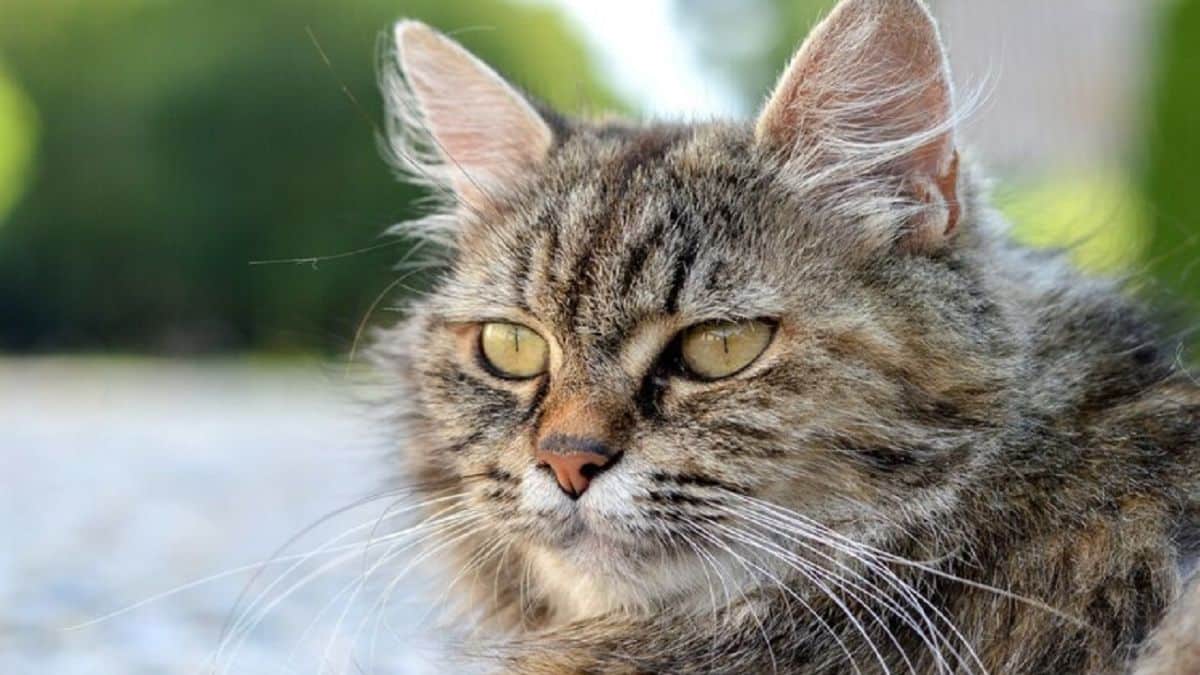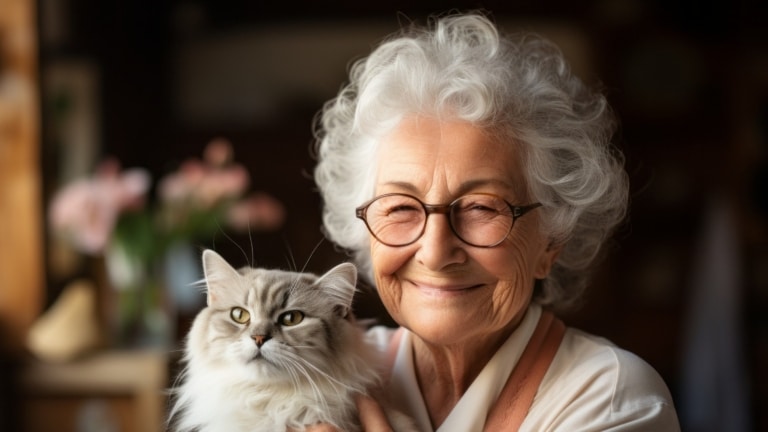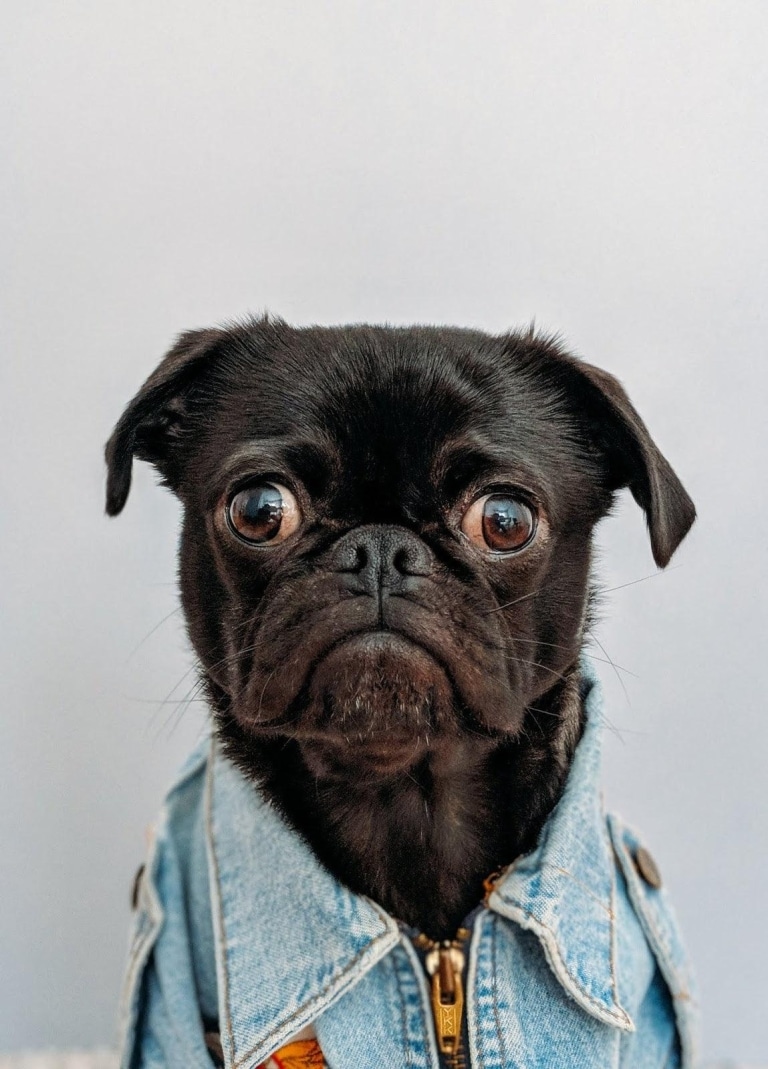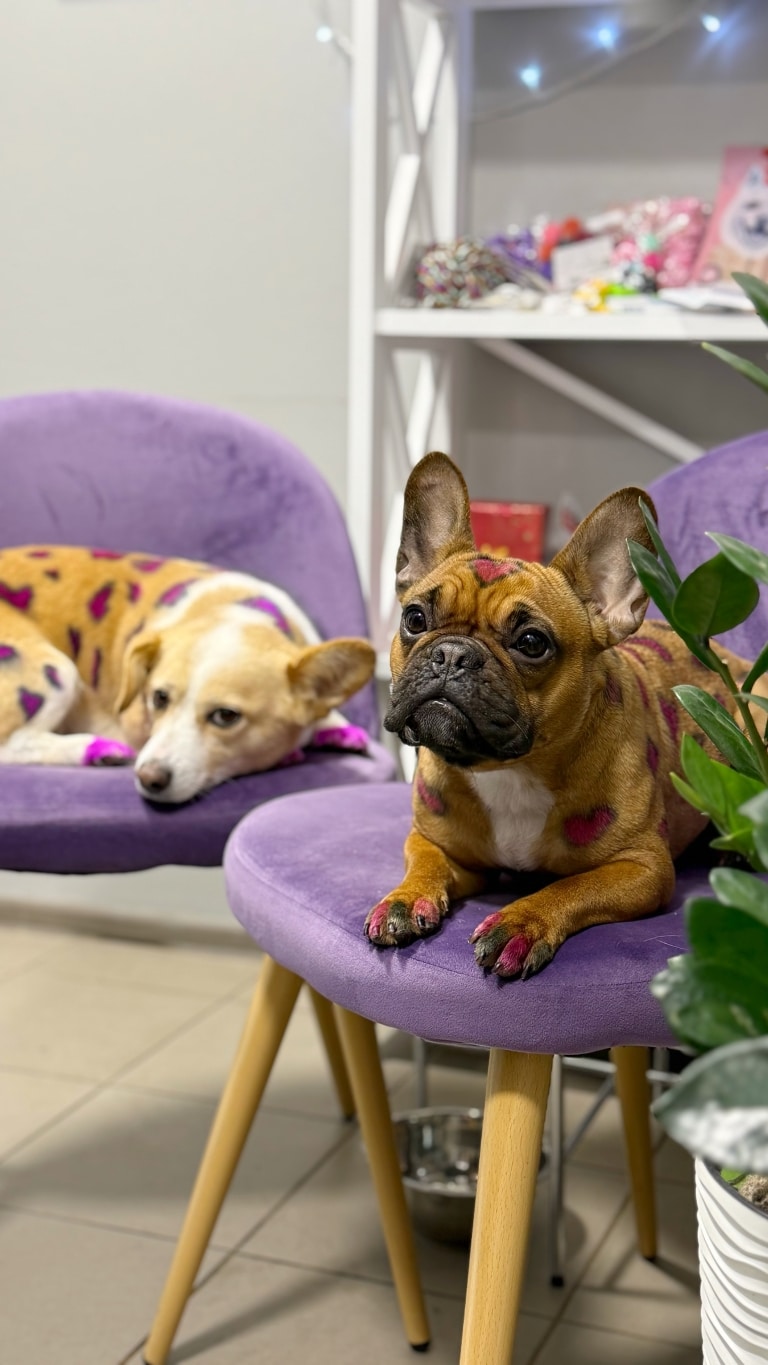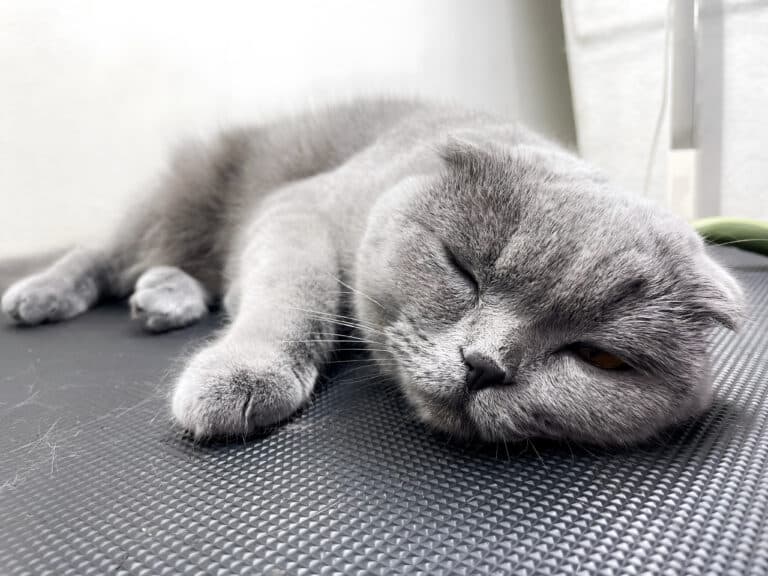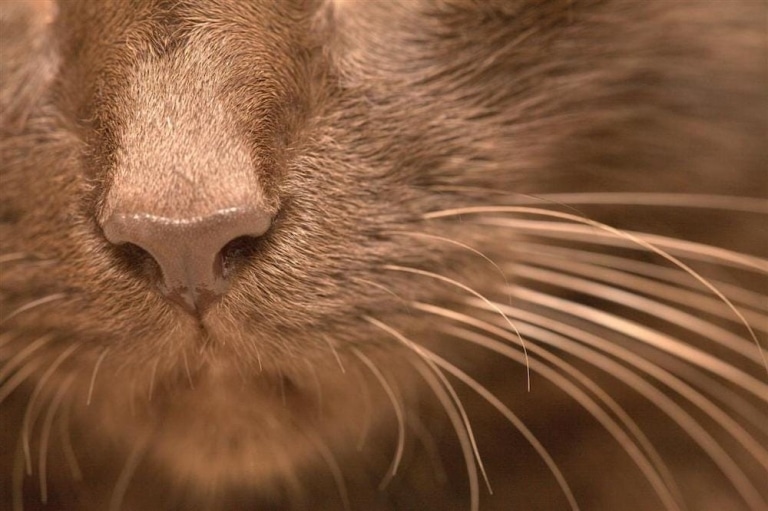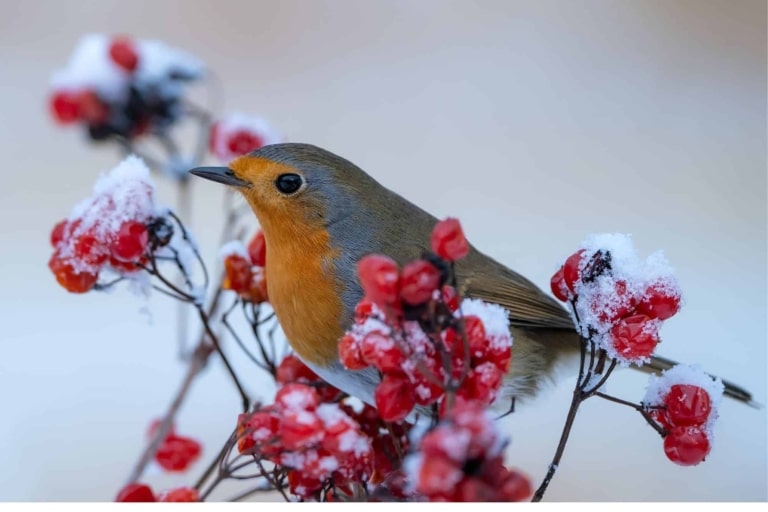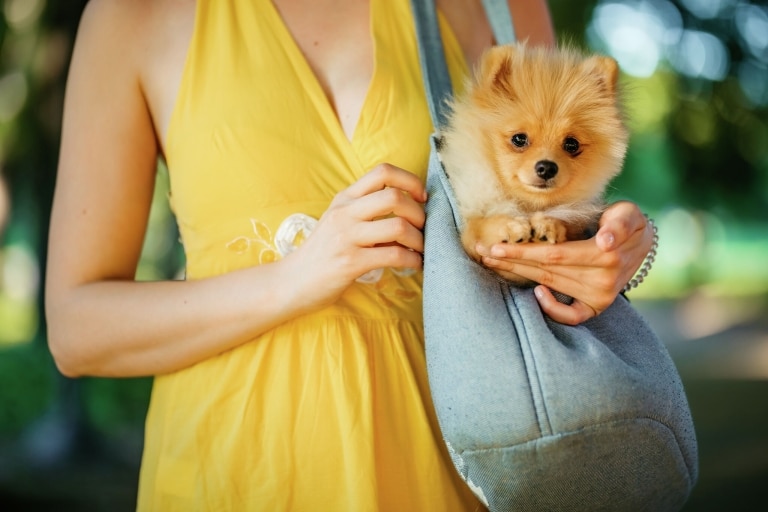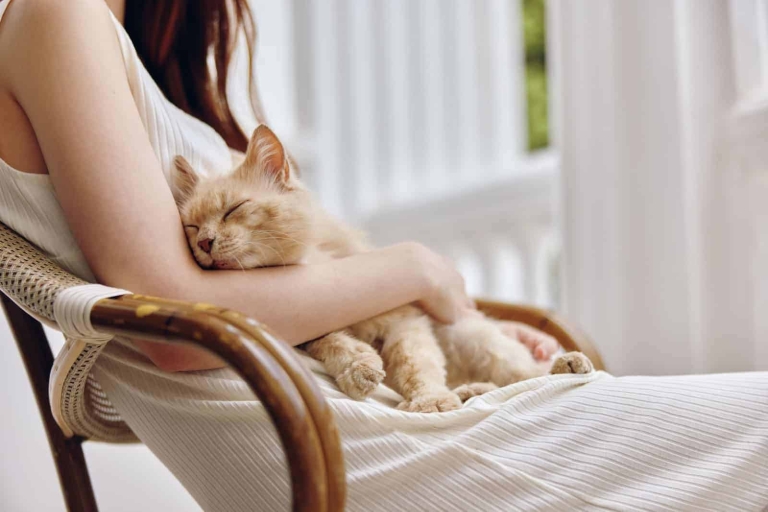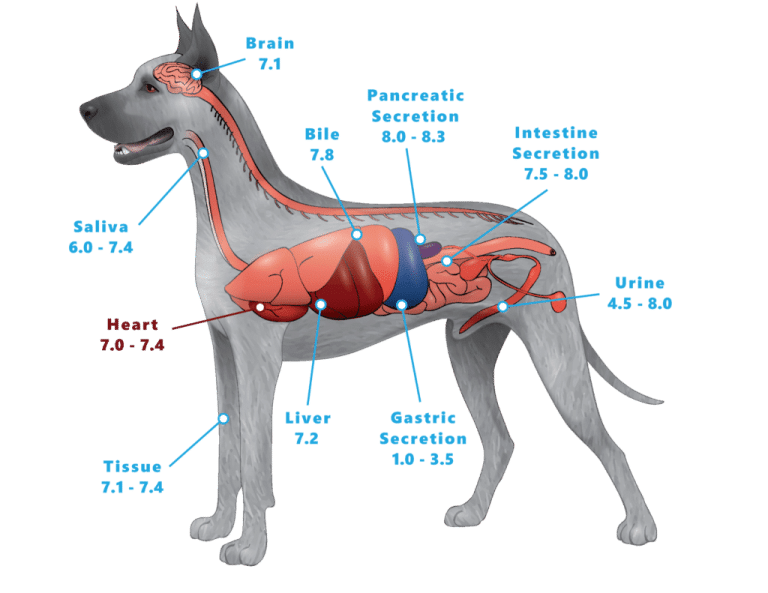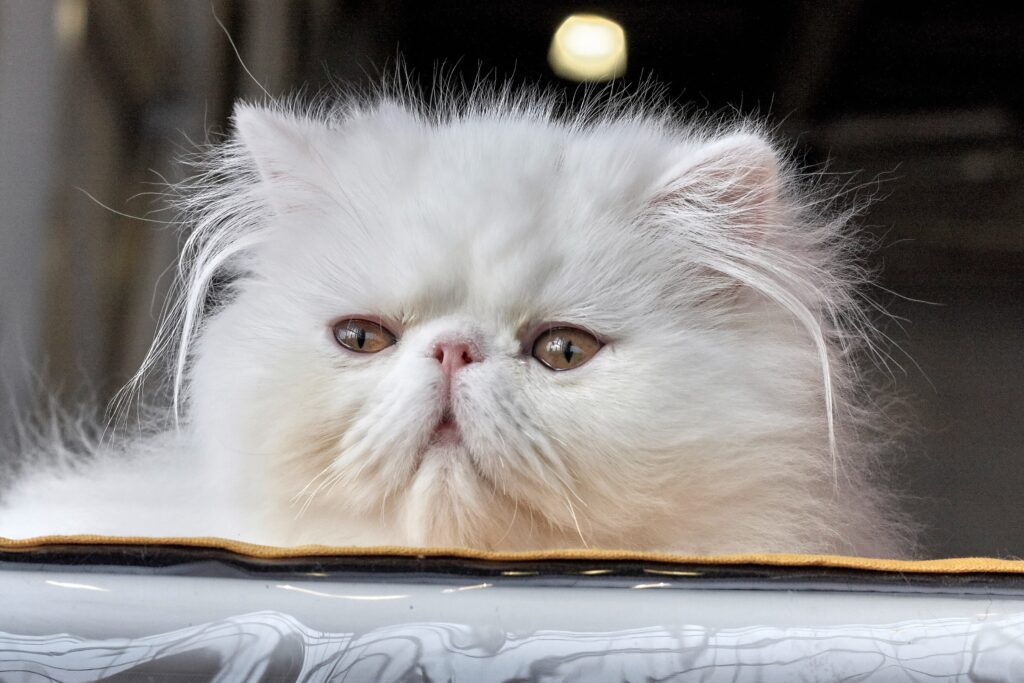
Old cats deserve special care. Their aging is accompanied by certain physical and behavioral changes that should be taken into account in order to provide them with a comfortable life. Today we will talk about proper care, balanced nutrition and regular visits to the veterinarian.
Why is it important to pay special attention to cats in old age?
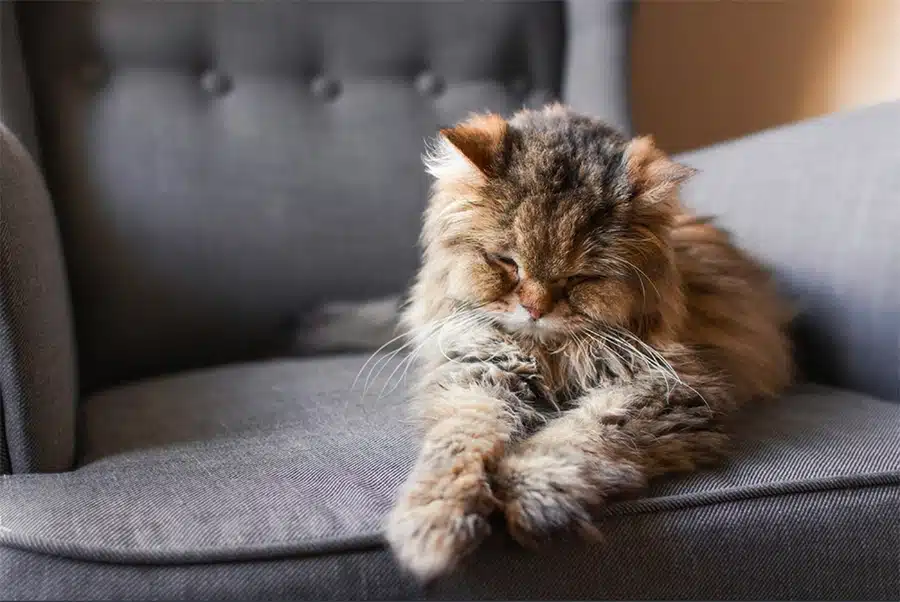
Cats begin to be considered inclined already after 11 years. During this period, metabolism slows down, immunity decreases, and organs and systems begin to work less efficiently. This leads to the fact that pets are more often faced with chronic kidney failure, arthritis and other diseases. Eating can be painful due to tooth loss and gum problems.
At the same time, you can notice changes in behavior. Cats have reduced mobility. Normal activities such as jumping and lifting can cause discomfort. They sleep most of the time, and changing the environment, the appearance of new people or animals in the house is more difficult for them. Despite the fact that earlier cats could be quite independent, in old age they, on the contrary, look for more contact with their owners. This is due to the increased desire to be safe.
Therefore, it is extremely important that owners are ready for these changes and able to adapt to them.
Proper nutrition for aged cats
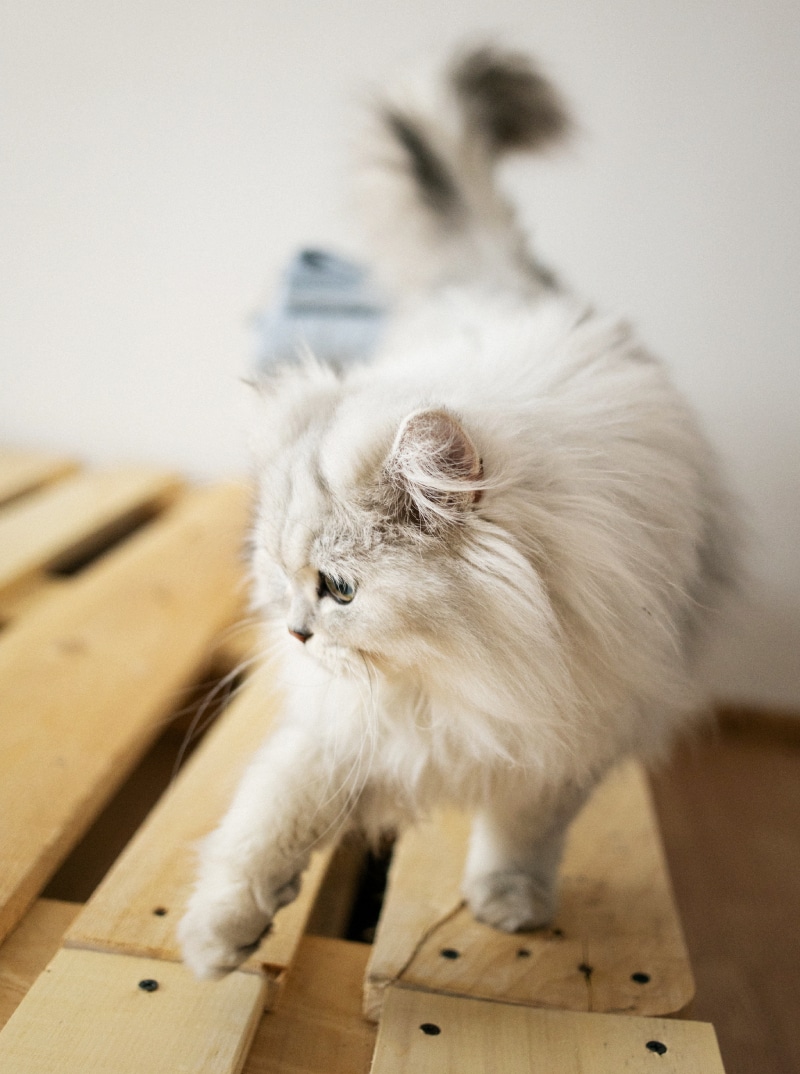
We already know that cats’ bodies change with age. In particular, the gastrointestinal tract begins to work less efficiently. This affects the assimilation of nutrients and the accumulation of wool balls in the stomach. In this regard, it is necessary to choose the optimal daily diet, taking into account certain features.
- In older cats, the amount of muscle mass decreases. This in turn affects their strength and mobility. Therefore, high-quality protein from easily digestible sources, such as poultry, fish or eggs, should form the basis of the diet.
- Due to reduced activity, they can quickly gain excess weight. It is worth paying attention to the calorie content of the diet and the presence of all the necessary nutrients in it.
- If cats have chronic kidney failure, it is necessary to reduce the level of phosphorus.
- Omega-3 fatty acids, glucosamine or chondroitin can be added to the diet on the recommendation of a veterinarian to support joint and coat health. Antioxidants such as vitamins C and E can also be considered to slow down the aging process.
- Dehydration is common in older cats as they begin to drink less. To prevent this, it is necessary to add wet feed to the diet. When using dry feed, it is recommended to add a little water or special broth to it to ensure sufficient hydration.
There are feeds available on the market designed to take into account all these nuances. They contain reduced calories, balanced protein, reduced phosphorus and health supplements.
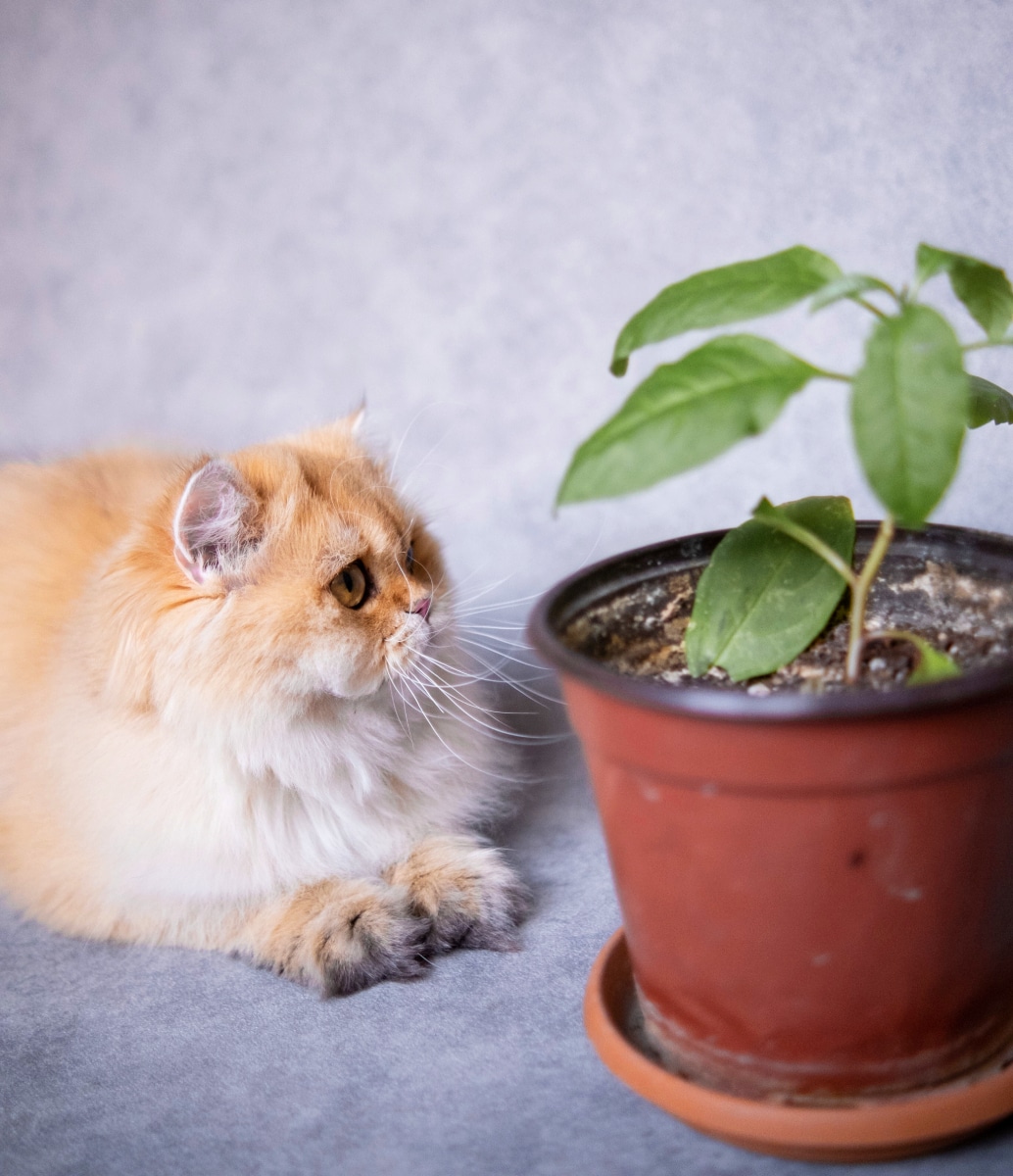
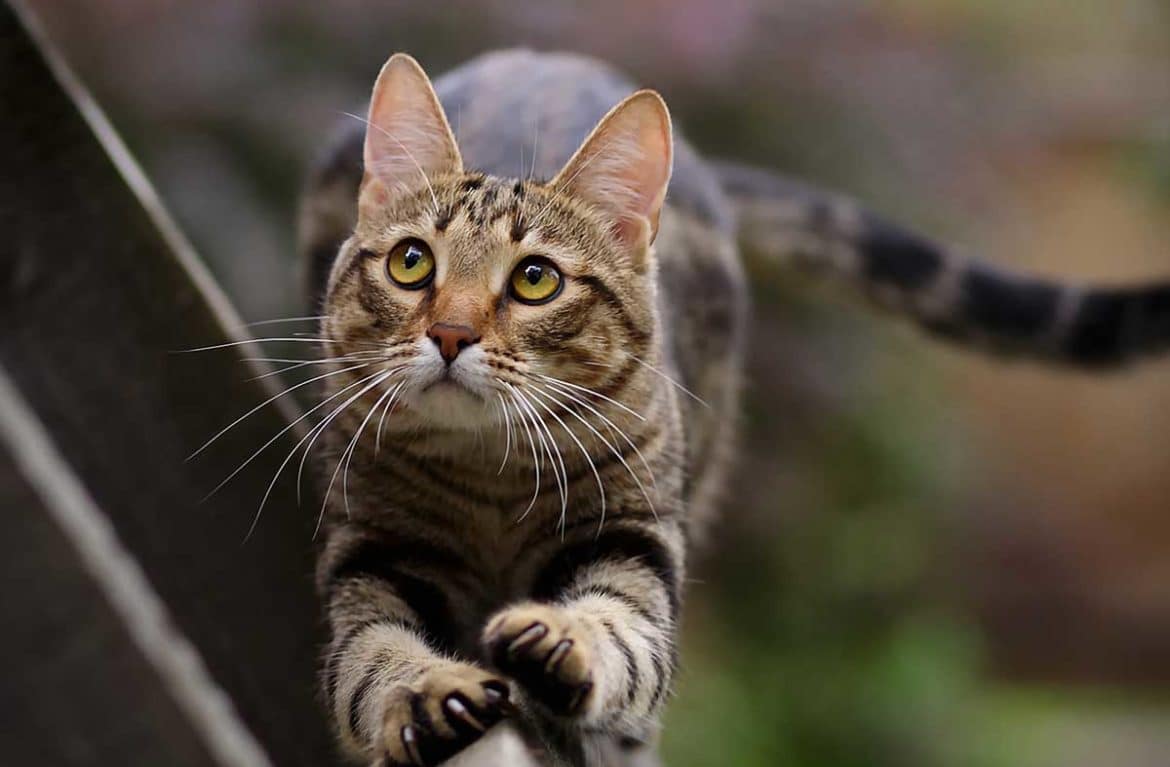
Above, we touched a little on the topic of wool balls when we talked about the less efficient work of the gastrointestinal tract. They are formed due to the fact that pets swallow a lot of fur during licking. If you notice that your cat often vomits or tries to induce vomiting, eats less or refuses food, goes to the toilet irregularly or suffers from constipation, you need to help him get rid of wool balls. To do this, you need to increase the amount of fiber in the diet and water consumption, which will ensure easier passage of wool through the intestines. Also, an effective method of combating woolen tangles will be the use of paste for the removal of wool. It usually contains natural lubricants. And no less important advice concerns regular combing of the wool. The less wool enters the gastrointestinal tract, the lower the risk of tangles. This is especially true for long-haired cats or those that actively shed.
Hair care and hygiene
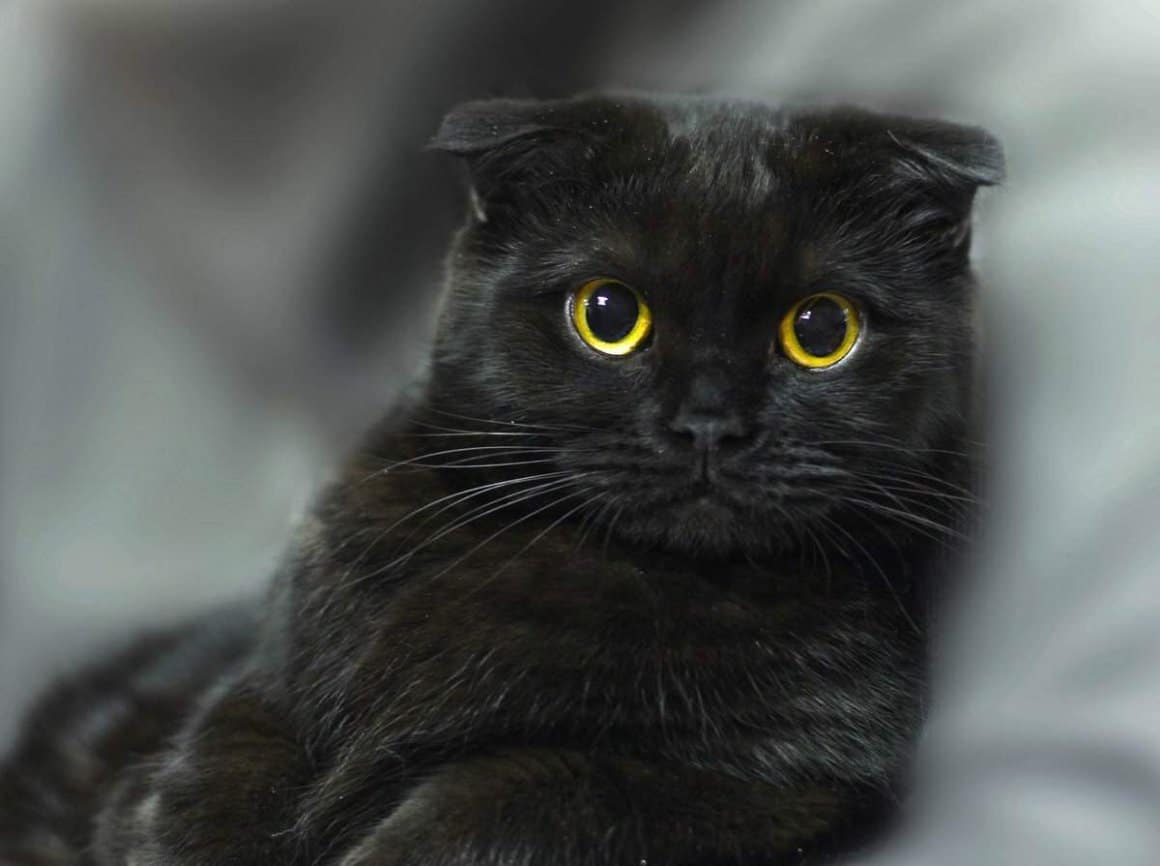
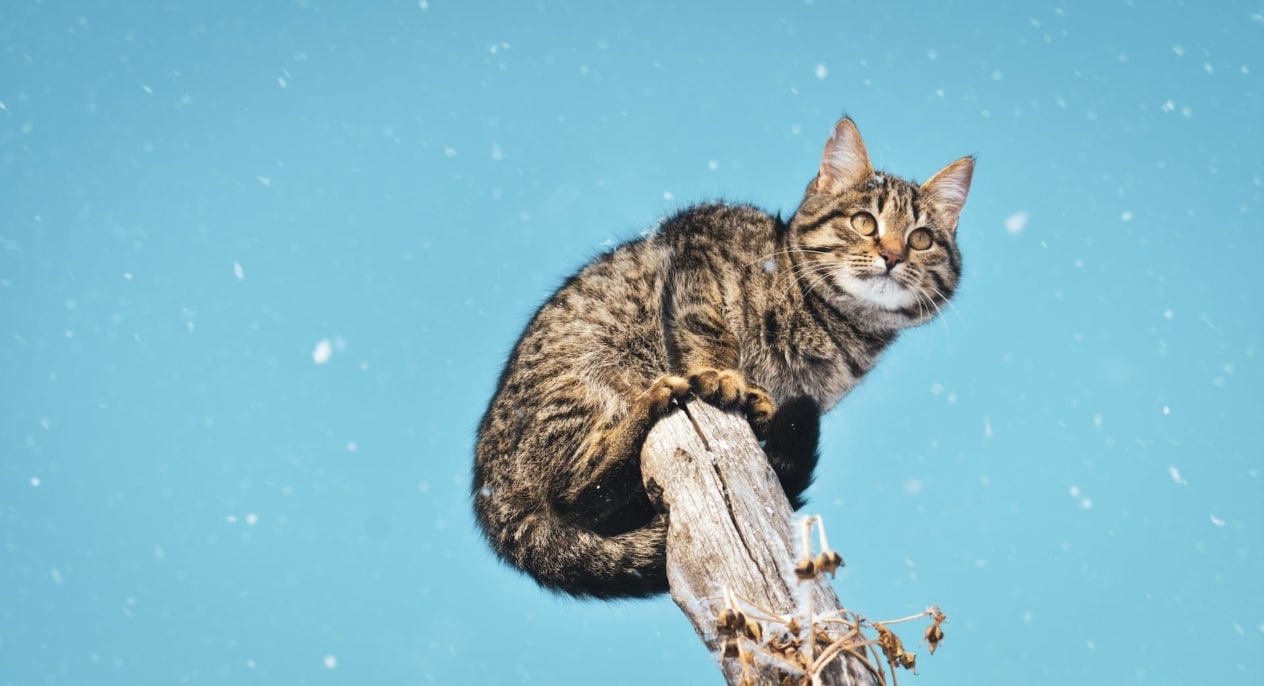
Elderly cats may pay less attention to their own hygiene due to reduced flexibility, joint problems or general weakness. And therefore hygienic procedures fall on the shoulders of the owners.
The first thing you need to pay attention to is combing the wool. This helps to get rid of excess fur, improve blood circulation, prevent the formation of cots that can cause skin irritation and reduce the risk of hairballs in the stomach. For short-haired cats, it is enough to use a soft brush once or twice a week, while long-haired cats need daily grooming.
Pets should be bathed only when necessary, for example, when the fur is dirty, skin diseases or parasites are present. Special shampoos for cats are used for this. The water should be warm, but not hot, and the process should be as quick as possible.
Grooming can also include clipping. This is not a mandatory procedure, but may be useful in certain situations. Long-haired cats, for example, can experience ringworm, which painfully pulls the skin together and becomes a solid carapace. In such cases, a professional haircut allows you to get rid of these problems. For representatives of thick wool, a haircut can also help avoid overheating in the summer. However, we emphasize that it is advisable to have the hair cut by a specialist in order to make the process quick and avoid injuries. If the pet is stressed, it can be clipped under a light sedative, but this should only be done by a veterinarian.
Hygiene procedures that help maintain the health of older cats include brushing their teeth with a special paste and brush. When a stone is formed, you should consult a veterinarian about ultrasonic cleaning. The gums should also be examined for inflammation or bleeding.
Don’t forget to examine your ears, as the risk of earwax accumulation, dirt, and infection increases with age. For cleaning, it is enough to use a cotton pad, a special lotion, and do not try to go deep into the auricle.
Particular attention should be paid to the eyes. Cats may have eye discharge or mucus that needs to be gently removed with a cotton pad dipped in warm water.
And the last care procedure, but no less important, is trimming the claws. As they age, they become thicker and less flexible, can grow faster and even grow into the pads of the paws, causing pain and discomfort. If you are not sure about your actions, it is better to contact professionals. V.O.G DOG SALON will help with every aspect of grooming senior cats.
Regular visits to the veterinarian
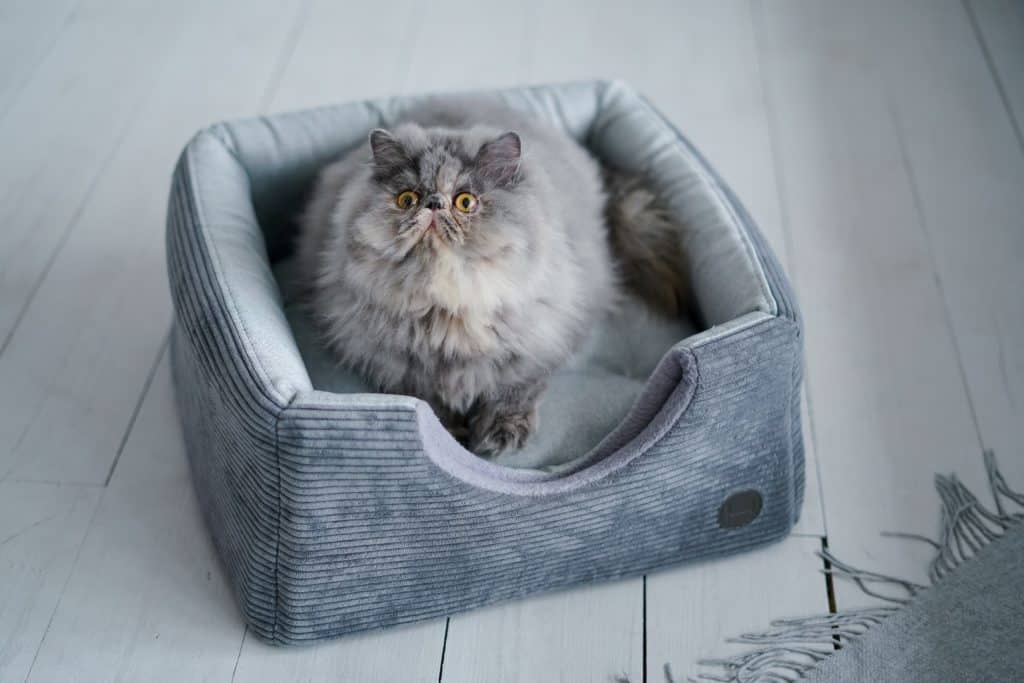
At an older age, the risk of diseases in cats increases, so it is important to monitor their health. To do this, it is recommended to conduct examinations at the veterinarian at least once every 6 months. If chronic diseases are detected, visits may be more frequent. During such visits, the doctor can conduct: a general examination to detect age-related changes (problems with the skin, eyes, teeth, joints), blood and urine tests to assess the condition of the kidneys, liver and heart, X-ray or ultrasound, if there is a suspicion of a disease, professional brushing teeth or other treatment of the oral cavity.
Emotional support of an elderly cat
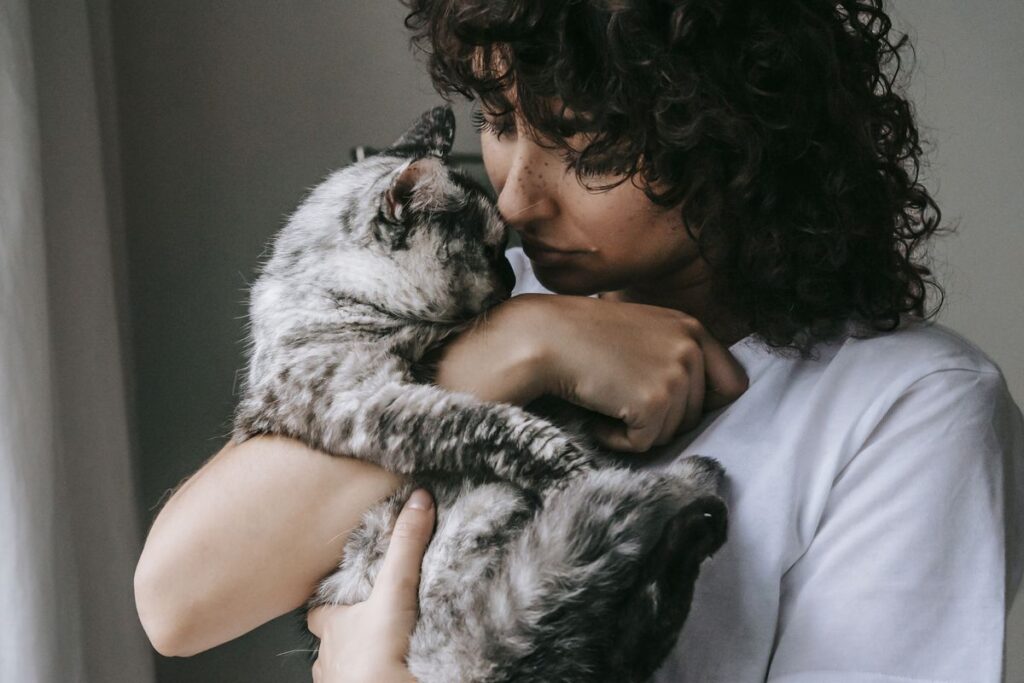
Emotional support becomes no less important than physical care. To reduce the level of stress, you need to avoid loud noises, chaos and maintain stability in your daily routine.
During this period, cats especially appreciate peace and attention, so you should take care of a more accessible space for them. To do this, you can place beds in warm and cozy places, away from drafts, use steps or shelves to facilitate access to favorite places, place food and water bowls so that they are easy to approach, and make sure that the tray has low sides.
Also, taking into account the fact that cats are less active in their old age, it is necessary to maintain their mental activity through games that correspond to their physical capabilities. For example, toys with treats or soft feathers can be played with without excessive movement.
And, of course, it is worth mentioning the love and warmth from the owners to their pets. Although cats love independence, at an older age they begin to appreciate affection and companionship. Therefore, it is worth spending more time with them, talking, stroking, hugging and just being there. They need it.
